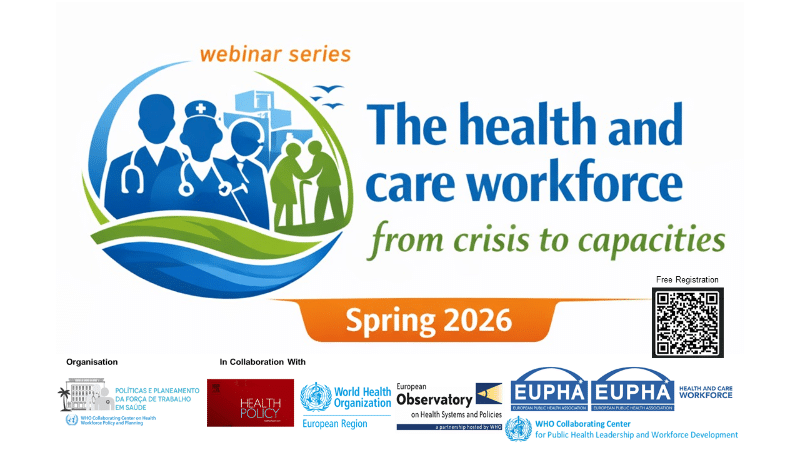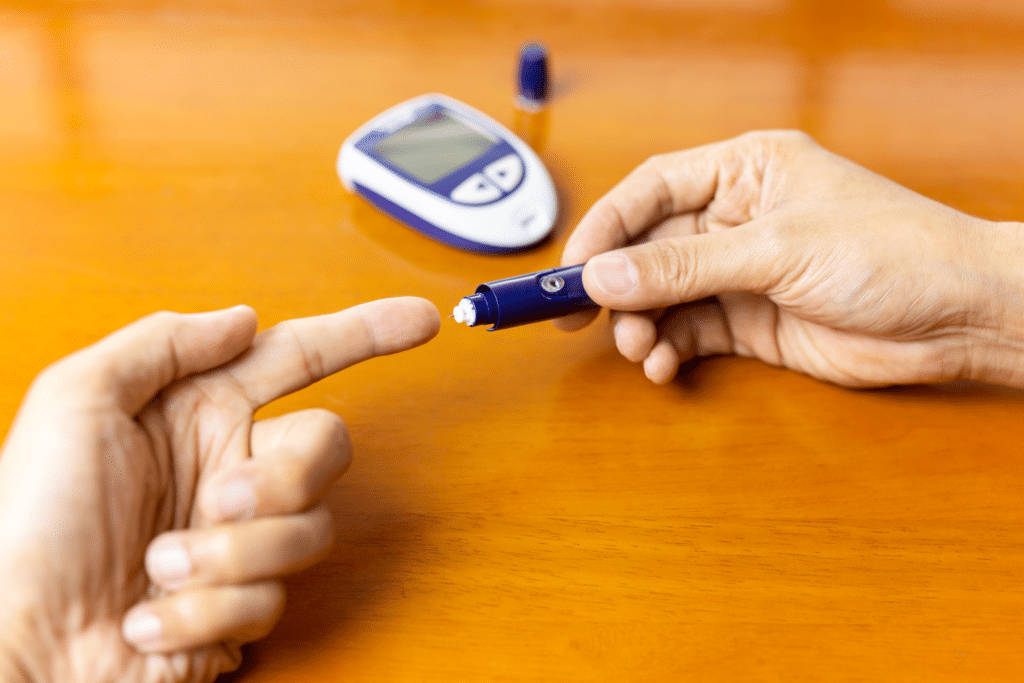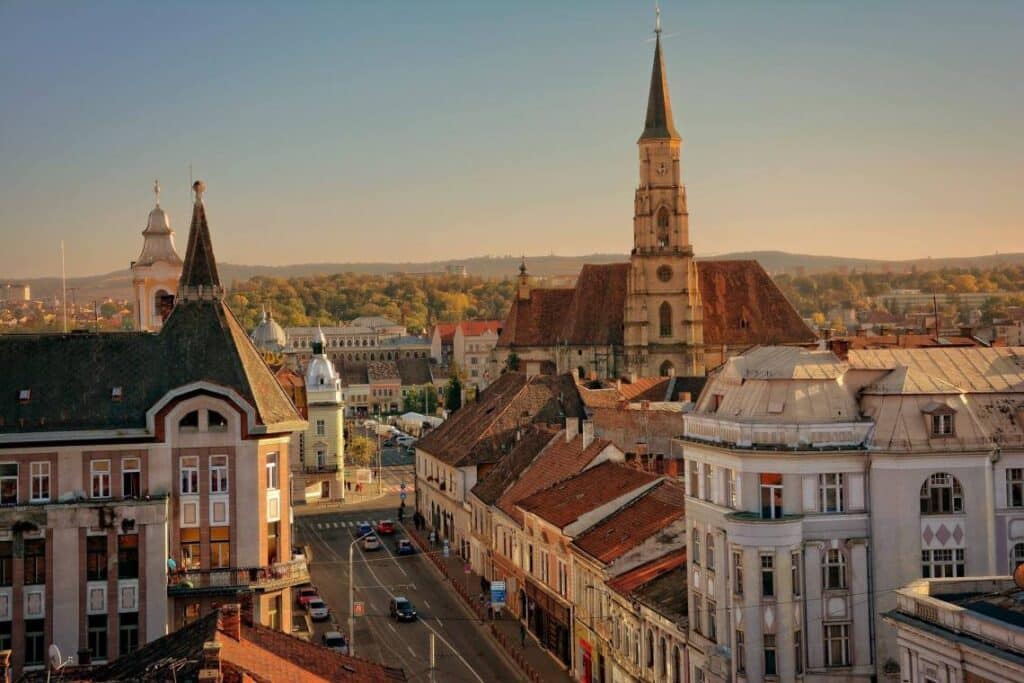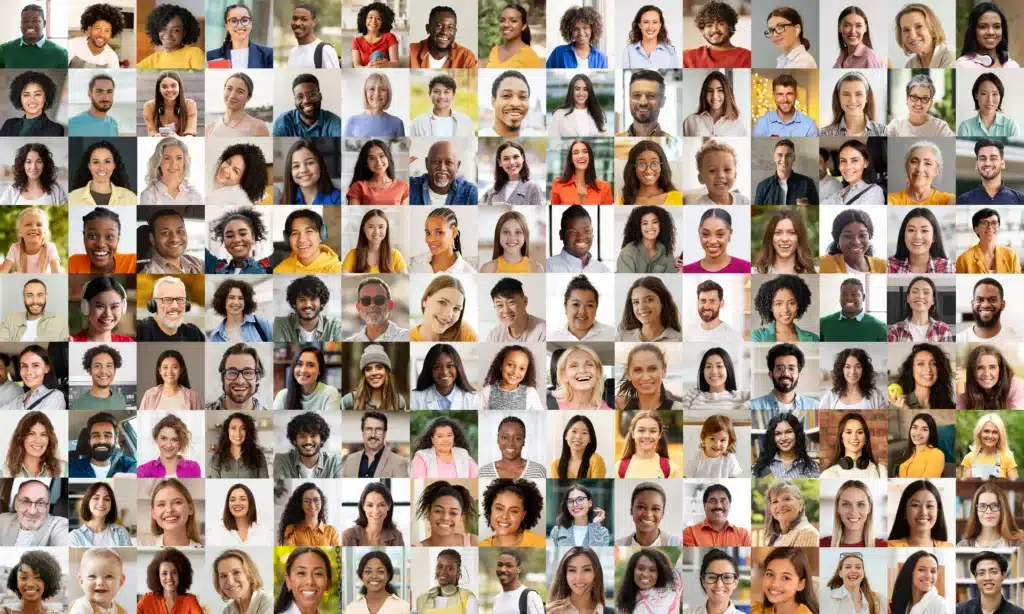Advancing public health through connection, science, and impact.
26 February 2026

5 March 2026

26 March 2026

15 April 2026

22 April 2026
-24 April 2026

30 April 2026

4 May 2026
-8 May 2026

18 May 2026

28 May 2026

3 June 2026
-4 June 2026
